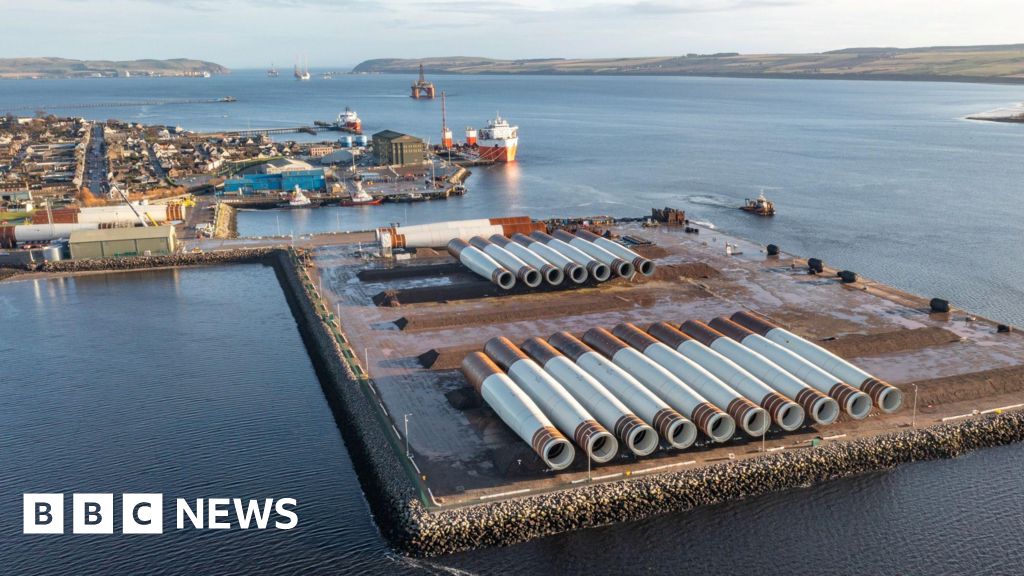By Steven McKenzie
Copyright bbc

The bigger impact is expected to come from tax breaks for investors and employers within the perimeter fences.
While the freeport status remains in place, which is until 2034, they don’t have to pay Land and Buildings Transaction Tax for their commercial buildings.
A development gets a five-year holiday from business rates. That is a loss to the Scottish government coffers which would normally recycle that money to Highland Council.
But the amount – potentially £400m over several years – should still be paid to the local authority by central government, to help build the infrastructure.
That means the roads and local schools, to help the freeport’s growth potential.
To ensure it’s used for the economy, the green freeport board has “strategic oversight”.
It has already been supporting development of industrial space at the Port of Nigg, the load-out quayside at Invergordon and a newly-built deepwater port for very large barges using the former fabrication yard at Ardersier.
It has backed a factory at Nigg nearing completion for manufacturing subsea cables.
A further incentive is in a three-year holiday from paying employers’ National Insurance contributions. That’s on new recruits, who have to be working on site for at least 60% of the time.
There is a risk that economic activity is sucked out of other areas because of these tax incentives.
But supply chains around the freeport hubs should be helped by more activity, including the construction industry, to build homes for the increased number of workers expected.



